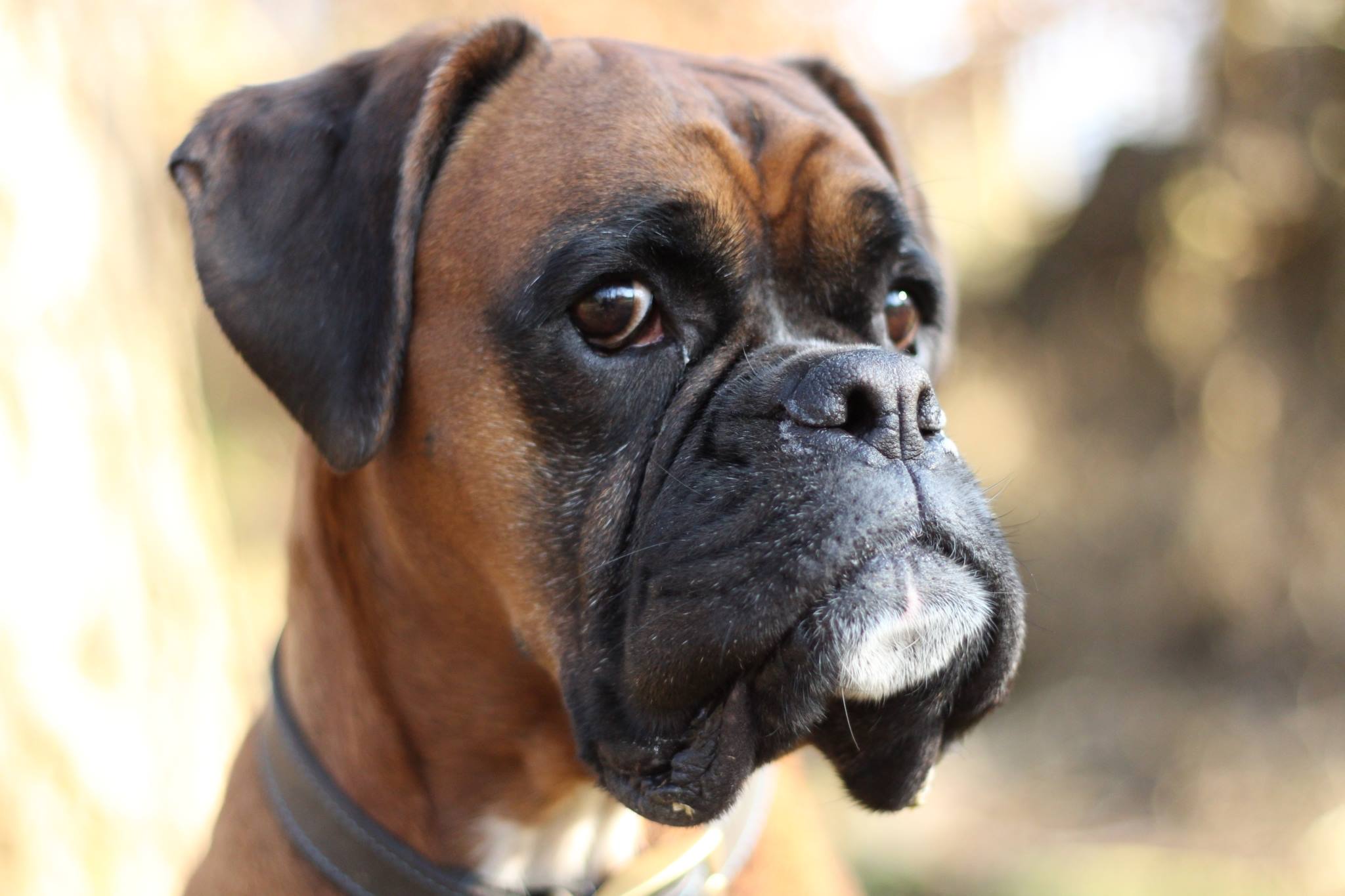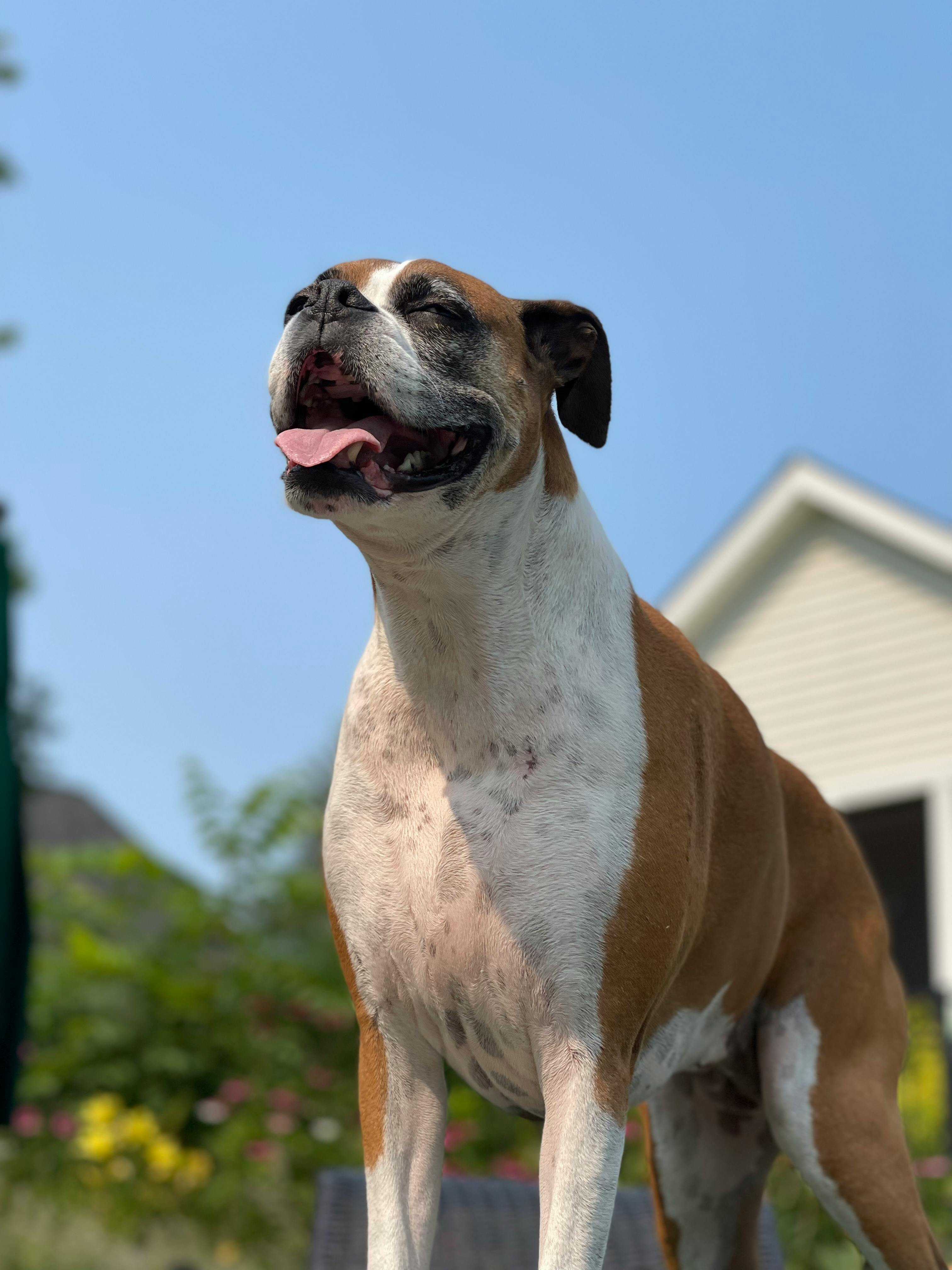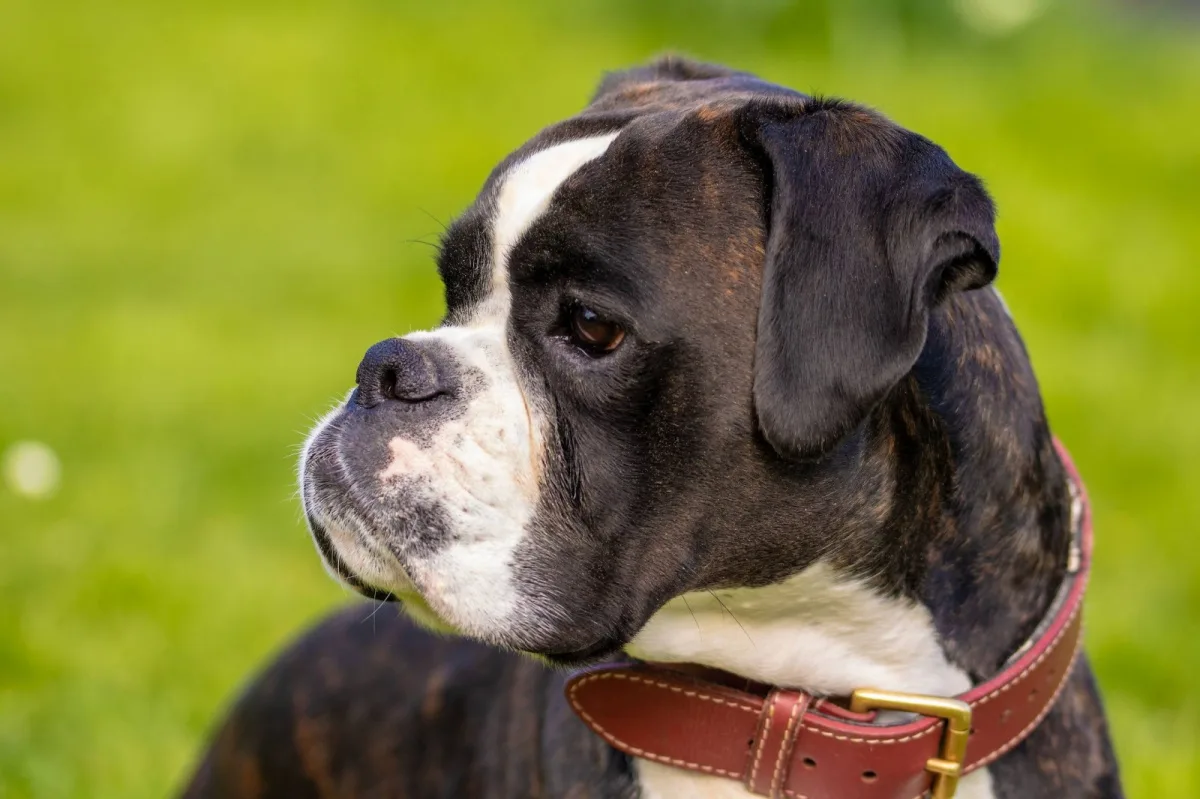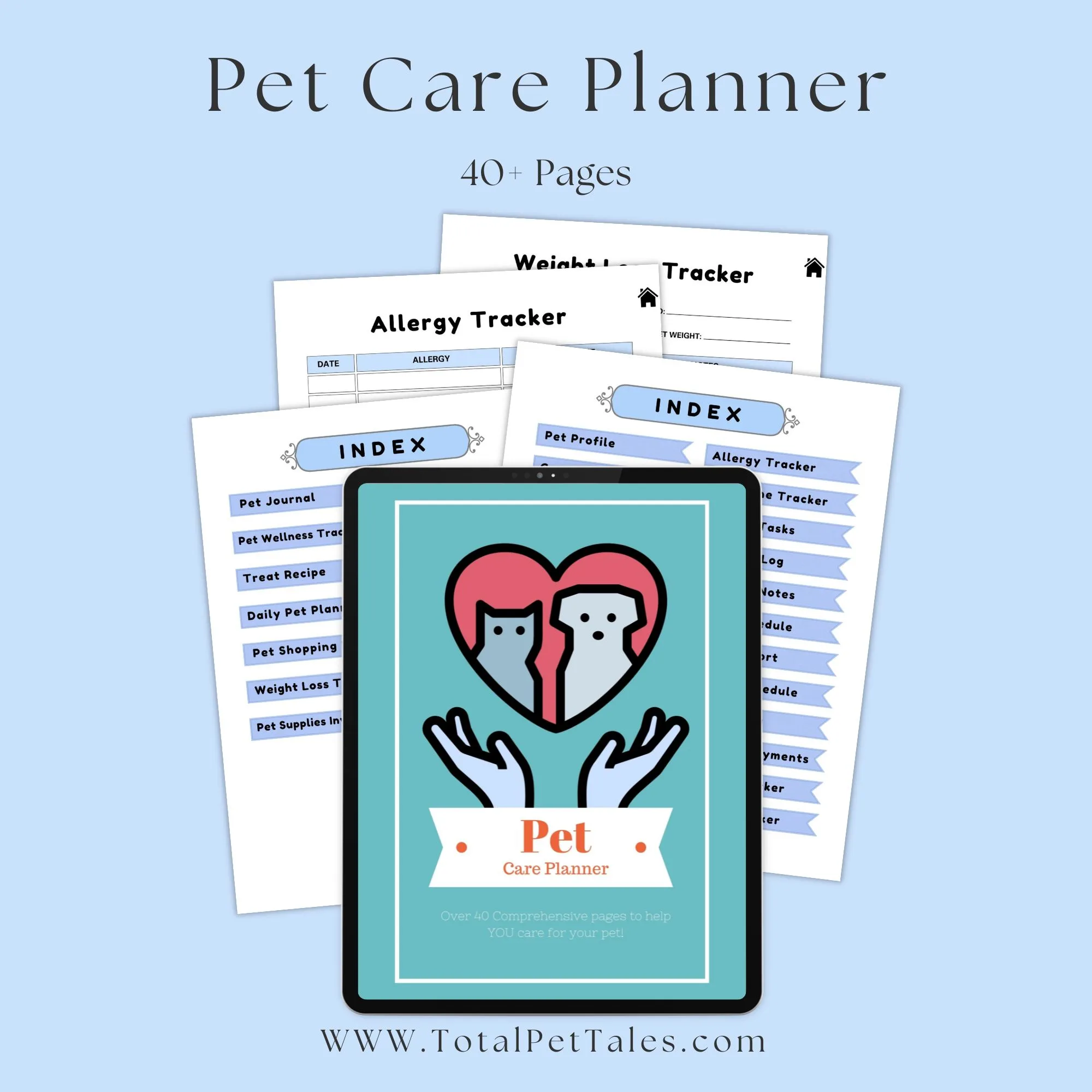The Boxer dog breed is renowned for its strong physique, boundless energy, and unwavering loyalty. Originating from Germany in the late 19th century, these medium to large-sized dogs were initially bred for hunting and guarding. Today, they are celebrated as family pets and working dogs across the globe. Characterized by their short hair, powerful jaw, and muscular build, Boxers are easily recognizable and admired for their playful yet protective nature.
Their intelligence and trainability make them suitable for various roles, including service dogs and companions. This introduction will delve into the essential aspects of the Boxer dog breed, highlighting their history, characteristics, and the reasons behind their enduring popularity among dog enthusiasts.
Key Takeaways
Boxer dogs are a dynamic and energetic breed, perfect for active families or individuals looking for a loyal and playful companion.
Prioritizing their health through regular veterinary check-ups, vaccinations, and addressing breed-specific issues like heart conditions and hip dysplasia can lead to a happier, longer life for your Boxer.
Understanding the unique needs of living with a Boxer, including their exercise requirements and social nature, ensures a harmonious home environment.
When considering adding a Boxer to your family, seek reputable breeders or adoption agencies that prioritize the health and well-being of their dogs.
The information provided in this article, from breed characteristics to care advice, is designed to help prospective and current Boxer owners make informed decisions for a rewarding companionship.
Engaging with a community of Boxer owners through forums, social media groups, or local clubs can offer additional support, advice, and friendship for both you and your dog.

Breed Overview
History
The Boxer breed originated in Germany towards the end of the 19th century. They were developed from the now extinct Bullenbeisser, a dog known for its strength and agility, used for hunting large game. Over time, the focus shifted from hunting to creating a versatile working dog and loyal companion.
Boxers played significant roles during both World War I and II. Their duties included acting as valuable messengers and pack carriers on the battlefield. This period highlighted their intelligence, bravery, and physical capabilities, solidifying their status among respected dog breeds.
Physical Characteristics
Boxers are easily recognized by their muscular build and square jaw. They have a distinctive appearance that combines strength with agility. Their coat is short, making it easy to maintain.
They typically stand between 21-25 inches at the shoulder, fitting well into various home environments. The breed standard allows for several coat colors including fawn, brindle, and less commonly white. These colors contribute to their striking appearance.
Personality and Temperament
Boxers are known for being incredibly energetic and playful. They form strong bonds with their families, showing unwavering loyalty. Their protective instincts make them excellent watchdogs without being overly aggressive.
They are especially affectionate towards children, often becoming gentle guardians. This blend of playfulness and protectiveness makes them ideal family pets.
Health and Care
Common Health Issues
Boxers are known for their robust energy, but they face several health challenges. Heart conditions, hip dysplasia, and cancers like skin cancer are among the common concerns. These issues underscore the need for genetic testing and regular health screenings. Early detection plays a crucial role in managing these conditions effectively.
They typically live 10-12 years with proper care. This lifespan can be extended through attentive health management and routine check-ups.
Dietary Needs
A balanced diet is crucial for Boxers to maintain their energy and health. Their meals should match their size and high energy levels. Overfeeding leads to obesity, which can trigger other health problems. Hence, it’s vital to monitor their food intake closely.
Consulting a vet for personalized dietary advice is highly recommended. They can provide guidance tailored to your dog’s specific needs, ensuring a healthy life.
Exercise Requirements
Boxers possess high energy levels that require daily management through exercise. Activities such as long walks, runs, and agility training are perfect for keeping them fit and happy. However, due to their short snouts, Boxers are prone to overheating. Owners should be cautious during exercise, especially in warm weather, to avoid heat-related issues.
Grooming
The Boxer’s coat is low-maintenance but still requires regular care. Brushing a few times a week helps reduce shedding and keeps their coat healthy. Routine nail trimming, ear cleaning, and dental care are essential for overall well-being.
Regular grooming not only maintains their appearance but also provides an opportunity to check for any signs of skin problems or infections early on.

Living with a Boxer
Training and Socialization
Early socialization is crucial for Boxers. It helps prevent aggression or shyness as they grow. Experts recommend introducing them to various people, pets, and environments while they’re young. This exposure ensures they become well-adjusted adults.
Positive reinforcement works best for training Boxers. They respond well to treats, praise, and play when they follow commands. Their intelligence and eagerness to please make them relatively easy to train. However, consistency is key. Owners should establish clear rules from the start.
Environment
Boxers adapt well to different living situations. They can live happily in apartments if they get enough exercise. Daily walks and playtime are essential for their physical and mental health.
A secure, fenced yard is ideal for outdoor play but not a must. If left unsupervised, their curiosity might lead them to escape and explore. Hence, safety measures are crucial.
These dogs crave human interaction. Leaving them alone for long periods can lead to separation anxiety and destructive behavior. Families should ensure someone is often home to provide company.
Activities They Enjoy
Boxers love being active and engaged. Fetch, obstacle courses, and interactive games keep their minds sharp and bodies fit. Such activities also strengthen the bond between the dog and its owner.
They excel in dog sports like agility and obedience competitions due to their high energy levels and intelligence. Participating in these events can be rewarding for both the dog and the owner.
Companionship activities such as hiking and family outings bring immense joy to Boxers. They thrive on being part of family adventures, showcasing their loyalty and friendly nature.
Breeder Advice and Adoption
Choosing a Breeder
When you’re ready to welcome a Boxer into your home, finding the right breeder is crucial. Reputable breeders prioritize the health and well-being of their dogs. They perform essential health screenings and provide health guarantees for their puppies. This step is vital in ensuring that your future pet is free from genetic diseases common to the breed.
It’s wise to ask for references from previous buyers and make a point of visiting the breeding facility. Observing the conditions in which the puppies and adult dogs live offers invaluable insight into the breeder’s practices. Clean, spacious environments with plenty of human interaction are signs of good care.
Furthermore, reputable breeders often have affiliations with recognized kennel clubs or specific breed organizations. These connections indicate a commitment to maintaining breed standards and ethics in breeding practices. By choosing such a breeder, pet parents ensure they’re supporting ethical breeding while securing a healthy, well-socialized puppy.
Adoption
Adoption is another heartwarming way to find a Boxer dog needing a loving home. Many shelters and rescue organizations specialize in Boxers and can help match you with a dog that suits your lifestyle. When considering adoption, it’s important to assess both the temperament and health status of any potential new family member.
Rescue organizations often provide detailed histories of their animals, including temperament assessments and any known health issues. This information helps prospective pet parents make informed decisions about whether a particular dog will fit into their home environment.
The benefits of adopting an adult Boxer are significant. Adult dogs usually bypass the demanding puppy stage, making them potentially easier to integrate into your household if you’re looking for less intensive care requirements initially mentioned in “Living with a Boxer”. Furthermore, giving an adult dog a second chance at happiness can be incredibly rewarding for both the animal and its new family.

Baapet Dog Leash

The Baapet Dog Leash stands out for its incredible strength, thanks to the rock climbing rope material. This feature ensures that your new boxer pup is safe and secure during walks. For those who’ve just welcomed a new boxer puppy into their home, knowing you have a durable leash can bring great peace of mind. The leash’s sturdy clip hook adds an extra layer of safety, making sure your energetic puppy doesn’t get loose.
Comfort is key when you’re out and about with your dog. The soft padded handles of this leash are a game-changer, especially for longer walks or if your boxer dog pulls. It prevents rope burn and makes each walk enjoyable for both pet and owner. The 5-foot length strikes the perfect balance between giving your dog freedom to explore and keeping them under control. This is particularly important for boxer breeds known for their curiosity and energy.
Nighttime walks can be risky due to low visibility. However, the Baapet Dog Leash includes highly reflective threads that shine in the dark, ensuring cars and cyclists can see you and your dog from a distance. This feature is invaluable for keeping both you and your puppies safe during evening or early morning walks.
| Label/Spec | Feature |
|---|---|
| Made with | Strongest 1/2 inch diameter rock climbing rope |
| Length | 5 foot |
| Handle | Soft padded |
| Clip Hook | Durable for safety |
| Reflective Threads | Yes, for night safety |
| Suitable for | Medium or large dogs; a puppy version is available for small dogs |
| Use Cases | Walking, running, training, jogging, camping, hiking |
| Customized Hard Plastic Cover | Yes, for better protection |
| Reflective Threads for Visibility | Yes |
Nylabone Power Chew Textured Dog Chew Ring Toy
The standout feature of the Nylabone Power Chew Textured Dog Chew Ring Toy is its ability to endure even the most aggressive chewers. Crafted from durable nylon, this toy stands up to constant gnawing without breaking apart. This resilience not only keeps your boxer engaged but also ensures their safety by preventing choking hazards.
What’s more, the toy’s design promotes dental health. The ridges and nubs on the chew ring massage the gums and clean the teeth, effectively helping to prevent plaque and tartar buildup. This action mimics the natural process of chewing on bones in the wild, which can help maintain oral hygiene between vet visits.
This chew toy is infused with a tempting flavor medley that captures dogs’ interest immediately. This unique blend of tastes ensures that your boxer will remain interested in chewing for longer periods, which is crucial for their dental health and overall well-being. The flavors also encourage the production of digestive enzymes as your dog salivates, aiding in digestion.
| Label/Spec | Feature |
|---|---|
| Made of | Durable nylon |
| Shape | Textured ring shape |
| Promotes | Dog dental health |
| Flavor | Flavor medley throughout |
| Made in | USA |
| Suitable for | Extra-large dogs (intended for dogs over 50 pounds) |
| Dimensions | 6.5″ long x 2″ wide x 2.06″ high |
| Long-lasting | Yes |
| Prevents plaque and tartar | Ridges and nubs help prevent plaque and tartar buildup as dogs chew |
| Easy to hold and chew | Yes |
| Guarantee | Product can be returned with the sales receipt for a refund if not satisfied |
The Green Pet Shop Dog Cooling Mat, Large

The most special thing about The Green Pet Shop Dog Cooling Mat is its pressure-activated cooling feature. This means it doesn’t need water, electricity, or refrigeration to keep your boxer cool. Imagine how relaxed your dog will feel on a hot summer day, just by lying on this mat. It’s especially great for older dogs or those with health issues like an upset stomach, who might find the heat unbearable.
What makes this mat stand out is not just its cooling properties but also its convenience. Being lightweight and portable, you can easily move it around the house or take it with you on trips. Whether your boxer spends time indoors or loves lounging in the backyard, this mat can go wherever they go. Plus, cleaning it is a breeze—just wipe it down with a damp cloth, and it’s ready for use again.
Size-wise, the large option is perfect for boxers, providing ample space for them to stretch out and enjoy the coolness. This feature ensures that your furry friend won’t have to curl up uncomfortably to fit on the mat.
| Label/Spec | Feature |
|---|---|
| Product Dimensions | 35 x 23.6 x 0.25 inches; 5.93 Pounds |
| Suitable for Dog Weight | Ideal for large dogs weighing between 45 – 80 lbs |
| Cooling Mechanism | Pressure-activated cooling pet mat |
| Non-toxic Material | Yes |
| Water or Electricity Needed | No |
| Recharge Time | Automatically after 15-20 minutes of non-use |
| Cooling Duration | Up to 3 hours of constant use |
| Construction | Non-toxic and sturdy |
| Portable | Yes |
| Suitable Locations for Use | Floor, sofa, pet’s crate, bed, or kennel |
| Cleaning Method | Clean with a damp cloth as needed |
| Ideal for | Senior animals or pets with medical conditions |
Conclusion
Research First
Before deciding to welcome a Boxer into your home, it’s crucial to do your homework. These energetic and affectionate dogs require ample space to play and a committed owner ready to engage with them physically and mentally.
They thrive on attention and exercise, making them less suitable for sedentary lifestyles or small living spaces. Their strong personalities mean they need consistent, positive training from an early age. By understanding these needs upfront, you can better assess if a Boxer aligns with your lifestyle.
Reach Out
Contacting breed-specific clubs or rescue organizations can provide invaluable insights. These groups offer detailed information about the breed’s health, temperament, and care requirements. They can also help match you with a dog that fits your living situation and activity level.
Moreover, they often provide support and advice for new owners, helping you navigate the challenges of dog ownership. This step is vital in ensuring that you are fully prepared for the commitment ahead.
Commit to Care
Owning a dog is a long-term responsibility that extends far beyond providing food and shelter. It includes committing to their health through regular veterinary check-ups and preventative care such as vaccinations and parasite control.
Spaying or neutering not only helps control the pet population but also can have health benefits for your Boxer. Furthermore, investing time in training and socialization from an early age ensures that your Boxer grows into a well-behaved companion.
Responsible pet ownership also means preparing for the financial commitment of caring for a dog throughout its life. This includes budgeting for potential emergencies alongside routine care costs.
Frequently Asked Questions
How long do Boxer dogs typically live?
Boxer dogs have a life expectancy of 10 to 12 years. Proper care and regular veterinary check-ups can contribute to a longer, healthier life.
What are common health issues in Boxer dogs?
Common health issues include heart conditions such as aortic stenosis, boxer cardiomyopathy, hip dysplasia, and certain cancers. Regular health screenings are recommended.
Is the Boxer breed suitable for families with children?
Yes, Boxers are known for their affectionate nature and protective instincts, making them excellent family pets. They are energetic and playful, which suits families with children.
How much exercise does a Boxer dog need?
Boxers require substantial daily exercise including walks, playtime, and mental stimulation. A minimum of one hour of exercise per day is recommended to keep them healthy and happy.
What should I look for when choosing a Boxer breeder?
Seek reputable breeders who perform genetic testing on their breeding dogs to screen for common health issues. Good breeders will be transparent about the health of the puppies’ parents and provide a clean, nurturing environment.
Can Boxers adapt well to apartment living?
While Boxers can adapt to apartment living, they thrive in environments where they have more space to expend their energy. Daily outdoor activities are essential regardless of living space.
Are Boxers easy to train?
Boxers are intelligent and generally responsive to training. However, they can also be stubborn. Consistency, patience, and positive reinforcement techniques are key in training them effectively.







0 Comments